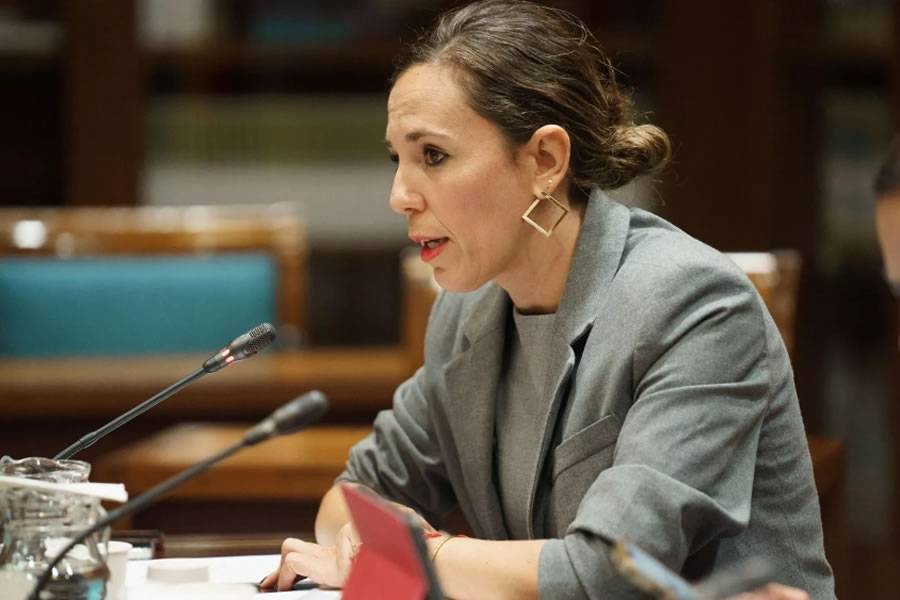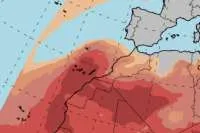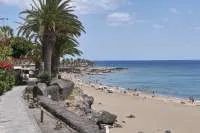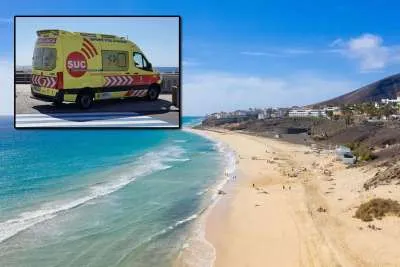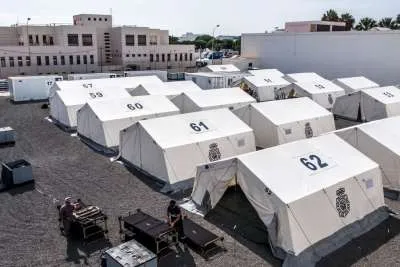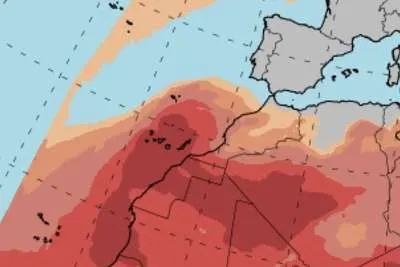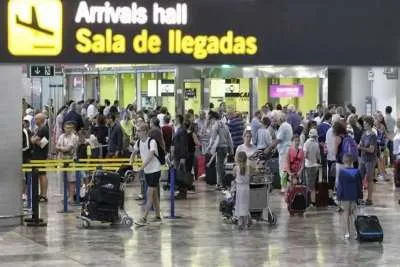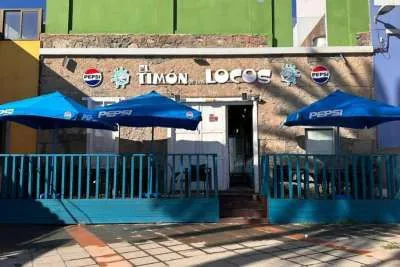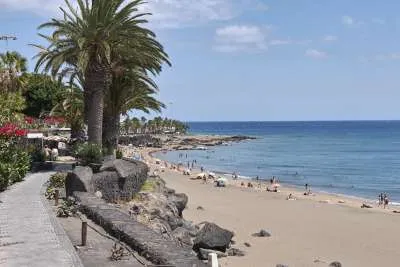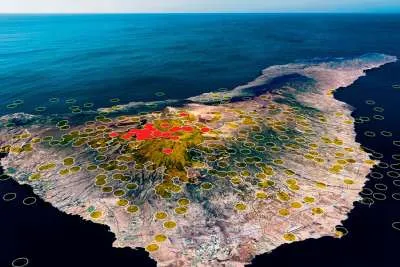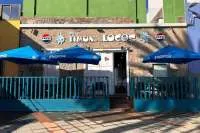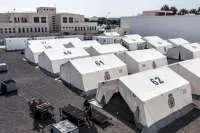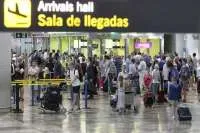Canary Islands Government announce ‘Regenerative Tourism’ in new action plan
- 13-11-2024
- National
- Canarian Weekly
- Photo Credit: Efe
The Canary Islands have unveiled a groundbreaking approach to tourism with a new action plan that replaces the concept of "sustainable tourism" with "regenerative tourism." This initiative, announced by the Canary Islands' Minister of Tourism, Jessica de León, aims to reshape both the tourism sector and the areas it impacts.
The plan focuses on three main points: a new regulatory framework, the transformation of tourist spaces, and a climate action strategy.
What is Regenerative Tourism?
During her address to the Canary Islands Parliament, de León explained that regenerative tourism goes beyond sustainability. It aims to not only minimise the environmental footprint of visitors but also actively work to reverse it. "It’s about erasing or at least compensating for the footprint left by those who visit the Canary Islands," she said.
This vision emerged from collaborative working groups established after the Presidents' Conference. The groups focused on addressing demographic challenges and redefining the regional economic model.
Key Elements of the Plan
1. Regulatory Framework Transformation
A significant component of the plan involves revising the legal framework to encourage the industry’s evolution. This includes incentives for upgrading hotels and public tourist spaces, staff training, and improved working conditions in the tourism sector. De León emphasised that regulation must not only adapt to but also drive industrial transformation.
The minister highlighted the need for planning, effective management, and urban discipline, which are increasingly demanded by the public. Topics like carrying capacity, environmental impacts, and fiscal policies will also play central roles. De León stressed the importance of maximising the value derived from protected natural spaces, which could include discussions around taxation.
2. Revamping Public Spaces
The second point focuses on redesigning public tourist areas in collaboration with the seven island councils (cabildos). Each cabildo will define strategic projects tailored to its territory’s unique needs. This localised approach aims to align public spaces with the Canary Islands' broader tourism strategy.
3. Climate Action Plan
The final point addresses climate change action, with a focus on aligning infrastructure strategies with climate objectives. Notably, plans are underway to make El Hierro the first "net zero" island. De León announced that private sector initiatives on the island will aim to offset emissions locally, ensuring that the entire territory becomes carbon-neutral.
A Holistic Vision for Tourism
The overarching strategy integrates themes of sustainability, digitalisation, and intelligent tourism, offering a comprehensive approach to enhancing the tourist experience while benefiting local communities. “The goal is for tourism to improve the quality of life for Canary Islanders,” de León said.
Despite its ambitious scope, the plan has faced scepticism from opposition leaders, who advocate for an eco-tax on overnight stays to mitigate tourism’s impact. In response, de León argued that the Canary Islands' economy relies heavily on the competitiveness of its tourism sector, adding that other industries should aim to match tourism’s economic contribution.
The plan, spearheaded by Moisés Simancas, a geographer and tourism expert from the University of La Laguna, is expected to evolve in the coming weeks with additional details and measures.
The Canary Islands, a favoured destination for British tourists, continue to innovate to maintain their position in the global tourism market, and aim to set a new benchmark for responsible tourism practices worldwide.
Other articles that may interest you...
Trending
Most Read Articles
Featured Videos
TributoFest: Michael Buble promo 14.02.2026
- 30-01-2026
TEAs 2025 Highlights
- 17-11-2025


